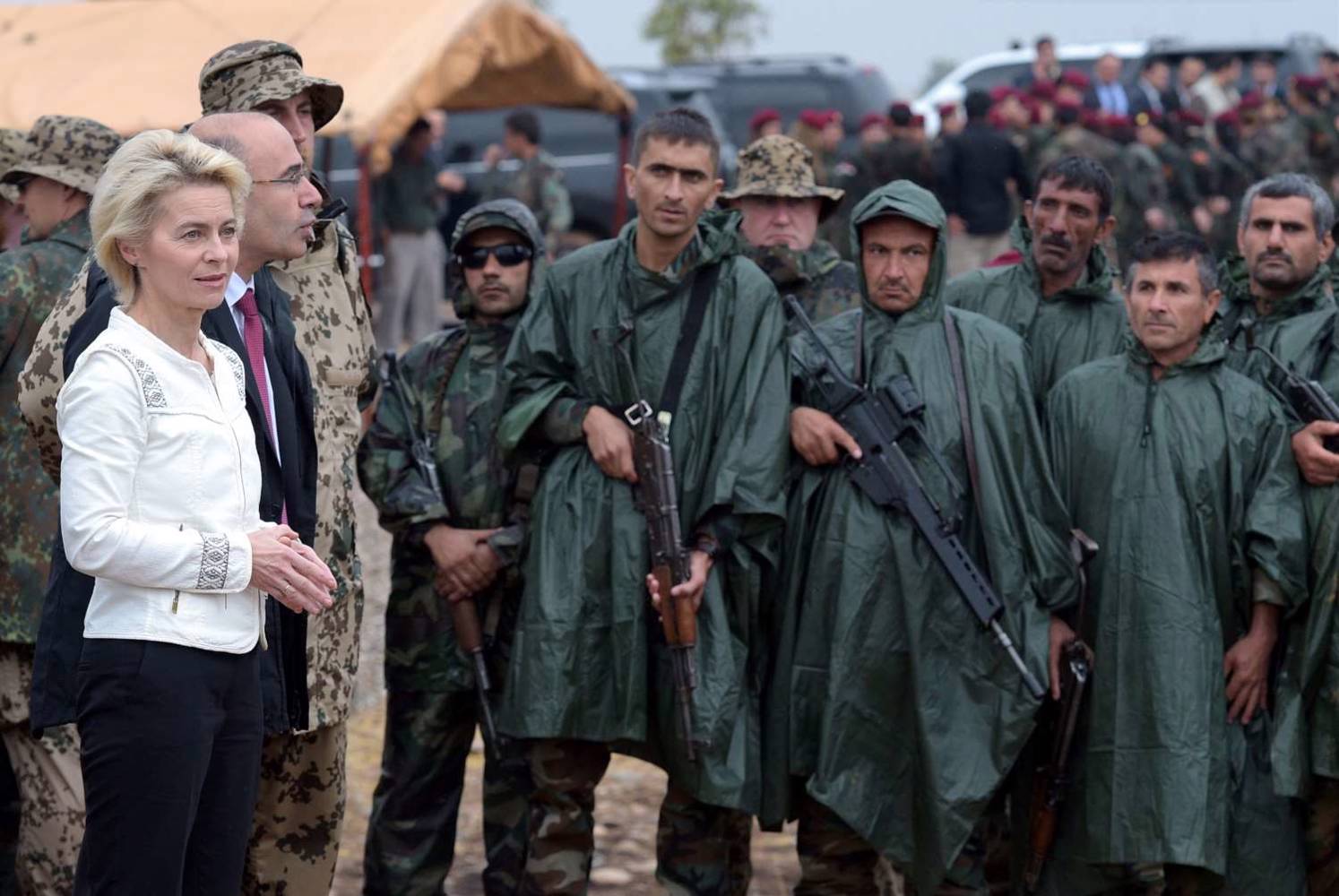
There is an open call for papers to the SFAssist panel at the European Conference of African Studies, 11-14 June 2019.
The panel is titled: International security assistance in Africa: views beyond the policy and is sponsored by the thematic group [CRG Violent Conflict].
Panel description: Security assistance, with the overarching goal of increased 'stability', is a key area of international engagement for many states in Africa. Through advisors, training and equipment donations such programmes often aim to assist African countries to deal with transnational issues (e.g. violent extremism, migration or organized crime). It is a measure for actors outside the continent to address ruptures (civil wars, terror attacks, etc.) and obstruct connections they deem threatening (smuggling routes and religious extremism networks). Concurrently, security assistance is a key element in the bolstering of multi-lateral collaborations between African states (e.g. AMISOM and G5-Sahel). The landscape of security assistance has, however, become increasingly murky with a growing number of donors from both within and outside the continent, which at times advance differing agendas. The grand plans of security assistance are often riddled with competing interests, unintended consequences and contradictory outcomes.
The panel convenors invite contributions which explore the connections, ruptures and complex dynamics of international security assistance and its effects on recipient countries in Africa. Of particular interest would be papers looking beyond the official policies of donors to understand how foreign-driven security assistance is interpreted, adapted or contested within Africa. We will also welcome papers which take a view from below, examining the lived realities of security assistance on local communities, soldiers, police and traditional leaders. Submissions to the panel may also use approaches that take a broader perspective and investigate how international security partnerships affect governance, human rights and civil-military relations.
The organisers are:
Øystein H. Rolandsen, Peace Research Institute Oslo (PRIO)
Maggie Dwyer, University of Edinburgh
Kwesi Aning, KAIPTC
Karen Büscher, Conflict Research Group, Ghent University
The call for paper is now open and closes at 11pm (CET) 21 January.
To read more about the conference and paper submission, please click here.





